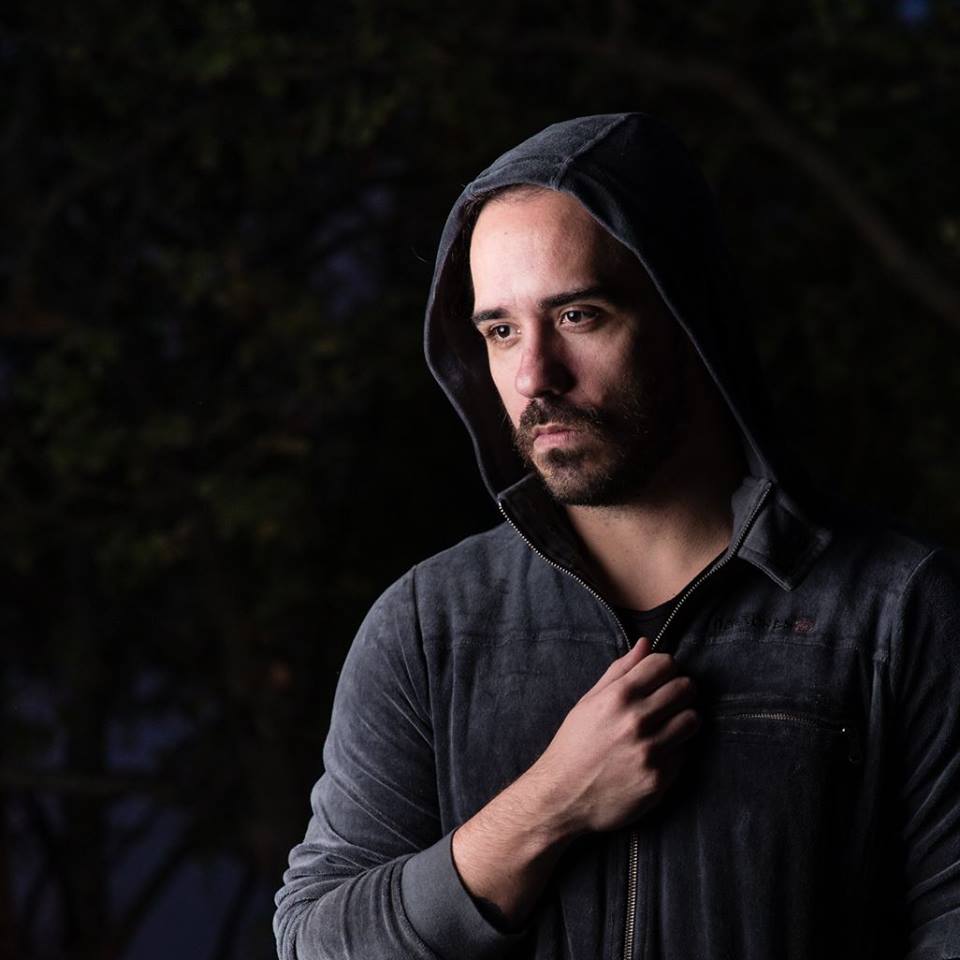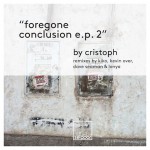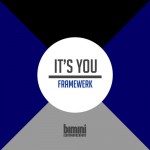The 292nd episode of our 12 Questions segment features producer Sebastian Busto.
1. How old are you, where are you living and how long have you been producing and Djing?
I have 33 years. I live in Buenos Aires, Argentina. And I still consider myself a newcomer, I’ve been producing since late 2014.
2. Where do your musical roots lie, what are your first memories of electronic music and when did you know you wanted to pursue it seriously? Are there any particular productions or artists from the past that really made you think to yourself ‘this is what I want to do.”
I have seen myself as a musician practically all my life. I was lucky to grow up in a house where there was a piano and a pianist. My father is a graduate of the National Conservatory of Music, and my earliest memories have to do with him playing the piano in my house and I wishing, at some point, play that well. At eight years old I started taking piano lessons and four years later entered into the conservatory to study guitar and music theory.
I find it inevitably to distinguish two main groups in my career: from adolescence to 30 years I sing and play in rock bands. With these bands I recorded some albums, did some touring, I had fun and learned a lot, not only about composition and production, about life in general. The second section begins in 2014, when I turn into the production of electronic music.
My first encounter with electronics came from the hand of the trance and house at the end of the 90’s. The DJ’s responsible for introducing me to this world were Oakenfold, Tiesto, Sasha and Hernan Cattaneo. I still consider that the best electronics music was made in those years.
3. How difficult was learning to produce for you in the beginning? Did you take any Audio Engineering programs or production courses to help you out or are you pretty much self taught? And did anyone give any advice early on that really helped?
I do not like to think myself as a producer, I’m thinking and feeling as a musician, understanding the word in its most basic sense: a guy who makes music, playing with sounds. Based on this definition, I understand that the learning process began the day that I sat at the piano for the first time. Many times people reduces the production process to the mixing process, to aspects of audio. And forget how fundamental is the process of composition, a word that now seems obsolete in this kind of music. But the truth is that even in the most monochord style, you’re always working with notes, with harmonies, with keys. I emphasize this because I find that the vast majority of forums dedicated to the production are reduced to talking about compression, equalization, effects, reverb, delay… but they say little or nothing in relation to the scales, to the conduct of voices, or how to properly make a chord. And it is important, it is what will allow your music has some spirit, it is not only a good rhythm. At least for me.
In all matters relating to audio, yes, I was quite self-taught. Hours and hours of tutorials, and most hours of practice and ear training. Also I have to emphasize the great help that has always given me Daniel Osorio, the engineer of “Angel Studio”, the studio were a make the mastering of all of my tracks. You could say it has taught me how to listen to my own productions.
4. What parts of the production process do you find the most difficult and what comes easiest for you? When you do hit a creative block what helps you through it?
The most difficult for me in my productions is not to become too melodic, and remember that electronic music is essentially a music designed for dancing. Sometimes emphasize the “musicality” too much can be counterproductive to the groove. Today I’m reaching a very good balance. I feel more and more comfortable with it.
I think against creative block can not do too much. It comes alone and goes alone too. The creative process is mysterious, and in large part unconscious. You can not control the inspiration and can not control the blocks. But I think you can control what you feels about it. It is important not to get frustrated, or think you are finished, or think that you can not ever make a song again. I usually use that time to listen very old records, and reconnect with what made me fall in love with this music.
Over time I learned that the blocks are the prelude to an evolutionary leap in your way as an artist. It is the end of an era and the beginning of a new time, always more interesting than the last. Overall my best songs came after those days where I felt I had nothing left to give.
5. What’s a normal day like for you? Do you have a job outside of electronic music? And what do you like to do when you’re not working on music?
I work in the Faculty of Philosophy and Letters of Bs.As, university where I studied some years. As my work depends on the faculty (which closes its doors from December to March), I have the good fortune to spend all summer 100% dedicated to music.
So, a typical day is like this: I wake up and the first thing that I see is my girlfriend getting dressed to go to work (great way to start the day, btw). I have some breakfast and I immediately put myself in the studio. Right now I am making music six or eight hours per day. I go to the gym three times a week, and that’s it. The rest of the time is dedicated to my girl. There are days when she is the only contact I have with the world outside the music… I am very lucky to have her.
6. Apart from electronic music what other genres do you listen to and who are your favourite artists outside of electronic? and do these genres or artists have a direct effect on your own productions?
I grew up listening classic rock band’s. Guns N’ Roses, Aerosmith, Queen, Pink Floyd, The Beatles… And just to mention two current bands: Coldplay and Muse. I think that my passion for songs and melodies determined my style. For that reason I do progressive. I could not devote myself to a style that was almost exclusively rhythm, It could be very bored.
7. What was the first and last physical (CD, Vinyl, Cassette etc) piece of music you bought?
Guns N ‘Roses, in both cases. The first CD I bought was the Use Your Illusion, which already had on cassette. I was nine years old. And the last CD was Chinise Democracy, also of Guns N Roses. I bought it in a nostalgic gesture. The truth is that I lost that cd in a week. I heard ot directly from my PC. I find it much more practical.
8. Tell us something about yourself that might surprise people?
I am very passionate about the Tarot. In fact, I sometimes use the cards for inspiration.
9. Which producers in your opinion get consistently overlooked?
All EDM producers.
10. Which producers consistently inspire you? And where else does your inspiration come from?
Many… I could not choose one. These days, my biggest influence comes from “Dreamers” the Fernando Ferreyra’s radio show. He has an exquisite taste. I really think that today he is, undoubtedly, one of the best DJs of progressive in the world. If I’m short of inspiration I hear one of his set’s. Works every time!
11. There are countless producers out there trying to find their way and create their own unique sound, what advice do you have for them?
I do not think that achieve your own sound should be your first attempt. I think the own sound is something that develops over time. Is important to learn the rules before you start breaking them. Once you know the language you can start experimenting. I think the own sound is something that is occurred naturally, even is something that can not be avoided. So, don’t worry. In any case, you can always make this question to you: what kind of track need for my sets and can never find? Nothing more satisfying than being yourself who makes the music that you needed.
12. If the final DJ/live set of your career was next week what would your last track be?
I would probably choose one of the songs that led me to start this way. Maybe “Paul Oakenfold – Southen Sun (Tiesto Remix)” It would be the one. Lovely track. Eternal.
‘Dreamers’ is out now on Stellar Fountain, you can purchase the release: here





